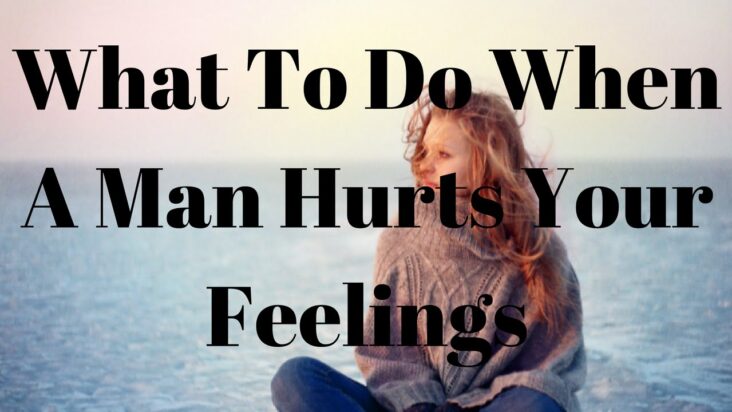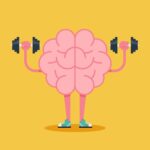Feeling emotionally wounded in your relationship can be heart-wrenching and confusing. If you’ve found yourself saying, “My girlfriend keeps hurting me emotionally,” then know that you’re not alone. Navigating emotional hurt in a relationship can be complex, but with the right understanding and tools, you can work through these issues towards a healthier bond. Our guide provides insights on how to deal with this situation, helping you to understand the root cause, respond effectively and work on building a stronger emotional connection. It’s time to take control of your emotional health and create a relationship that truly nurtures your well-being.
Understanding the Dynamics of Emotional Abuse in Relationships

Understanding the dynamics of emotional abuse in a relationship is crucial in order to effectively deal with its impacts. Emotional abuse often goes unnoticed as it leaves no physical scars, but it can cause significant damage to one’s mental health. It can take various forms such as manipulation, belittling, constant criticism, and isolation. Emotional abuse is not just about heated arguments but is more about power and control. It’s designed to chip away at your self-esteem making you feel worthless and unloved. It’s important to identify these signs early and take steps to protect your emotional well-being.
Identifying Signs of Emotional Hurt from Your Girlfriend

Recognizing the signs of emotional distress in a relationship is crucial for one’s mental health. If your girlfriend consistently belittles you, disregards your feelings, or manipulates you, they are signs of emotional hurt. This emotional turmoil could manifest as feelings of isolation, lowered self-esteem, or constant anxiety. It’s essential to understand that these symptoms do not signify weakness; they are indicators of an unhealthy dynamic in your relationship. By acknowledging the emotional damage you are experiencing, you’re one step closer to dealing with it effectively and fostering a healthier relationship.
The Impact of Emotional Pain on Your Mental Health

Enduring emotional pain can have a significant impact on your mental health, gradually leading to conditions such as depression, anxiety, and low self-esteem. When your partner consistently hurts you emotionally, it creates a toxic environment that fosters stress and unhappiness. It’s crucial to understand that such emotional distress is not a normal part of a healthy relationship. This consistent emotional turmoil can trigger mental health issues and can even affect your physical health. Therefore, addressing this emotional pain is not just about improving your relationship, but it’s also about safeguarding your mental and overall wellbeing.
Effective Strategies to Address Emotional Hurt in Your Relationship

In addressing emotional hurt in your relationship, consider implementing effective strategies that promote open communication, mutual respect, and understanding. Start by expressing your feelings without blaming your partner. Use “I” statements to convey your feelings, such as “I feel hurt when…”, rather than using accusatory language. Seek professional help if necessary; a relationship counselor can provide valuable guidance in these difficult times. Learning to forgive is also crucial for emotional healing. Understand that everyone makes mistakes and that forgiving does not mean forgetting. Lastly, setting boundaries can prevent further emotional harm, ensuring a healthier relationship.
Steps to Heal and Recover from Emotional Pain in a Relationship

Emotional healing is paramount when you’ve been repeatedly hurt by your girlfriend. To commence this process, it’s essential to acknowledge your feelings and understand that it’s okay to feel upset or hurt. Create a safe environment for yourself, filled with self-love and self-care, which can include anything from having a quiet night in, to practicing mindfulness or meditation. Seeking professional help from a therapist or a counselor is also highly beneficial. They can provide you with tools to cope and heal. Remember, it’s crucial to give yourself time. Healing is a process, not an overnight fix. Lastly, surround yourself with positive influences; people who genuinely care about your well-being.




